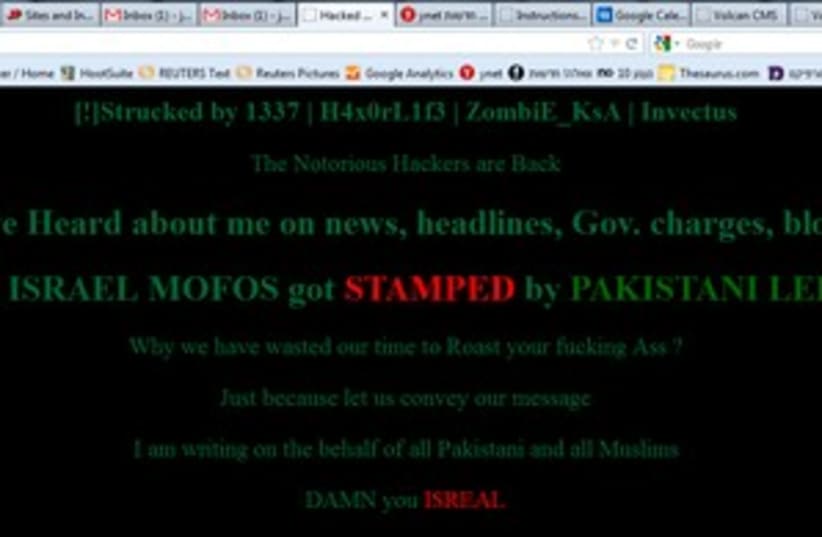“Hamas owes NIS 103 million to the State of Israel for electricity, and instead of paying back the debt, they shoot missiles on Ashkelon,” he said. “It cannot be that Hamas can shoot at the power plant that provides them with electricity.”
Minutes after the Likud MK’s announcement, his website was hacked.
Michael Omer-Man contributed to this report.